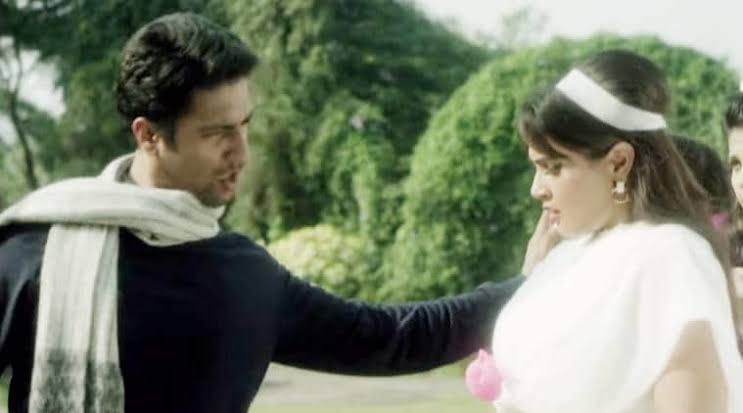Romance-As Bollywood Taught Us (Part 2)
Jun 23, 2019 • 31 views
Many have argued that films like ‘Gangs of Wasseypur’ and the like show gang violence and ample bloodshed, should they not come under the scanners of the critics. First of all the things shown in these movies are more obvious and upfront, they do not condition people about anything new, they state tales. Secondly, these movies do not glorify crime or violence; their characters are bad, anti-law with proper graphs and arcs. Their sins are not whitewashed and there is no attempt to camouflage their wrongs as heroism. On the other hand, so many people are still unaware of what constitutes toxic masculinity and violation. These things are so deeply imbedded in us that they become a part of our contemporary culture and develop a cult. A man is less likely to shoot someone after watching a violent film, and more likely to stalk an unsuspecting woman as an attempt to romance. So here is where the problem lies.
How many impressionable young people have slit their wrists at being romantically jilted? Haven’t movies like Raanjhana reaffirmed that this is the truest thing a lover can do to prove himself? So many people in our society do not understand the meaning of NO….because in the film, the heroine’s refusal is not important; it’s only a matter of time before she says yes. So keep on following her and threatening her until she relents (consent, LOL). And if he hits other men who pursue, he is a die-hard lover. Possessiveness, it’s a desirable quality…of course all girls like being treated as a property and being constantly ordered around, it’s a sign of true love. And if he hits you, it is a mistake, men get angry you see…don’t you remember the time he beat up 100 goons because they approached you. Yes, just like that.
In times where movies like ‘Dum Laga Ke Haisha’, ‘Two States’ and ‘Barfi’ that attempt to break the orthodox mold of what constitutes love, films like Kabir Singh do serious damage by glorifying an abusive image of love and disguising toxic masculinity and misogyny as romance and mere ‘possessiveness’. Artistic freedom is one thing and justifying problematic behavior of disturbing characters is another. Some of might even study feminism academically and might not be easily influenced by such stuff. But there are thousands of people who look to movies as the rule book of romance and treating women. It’s high time we stop presenting defenses for such things and hold our films accountable.

